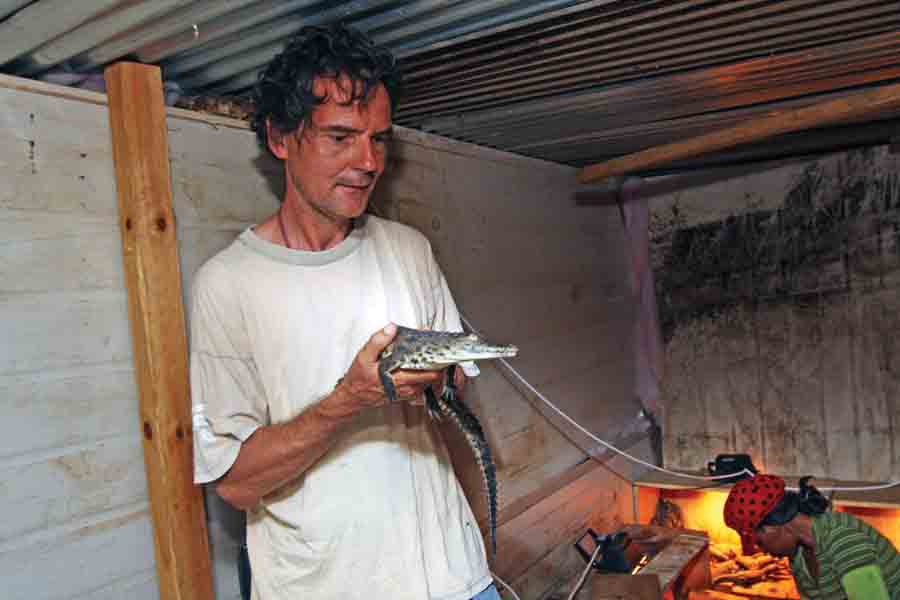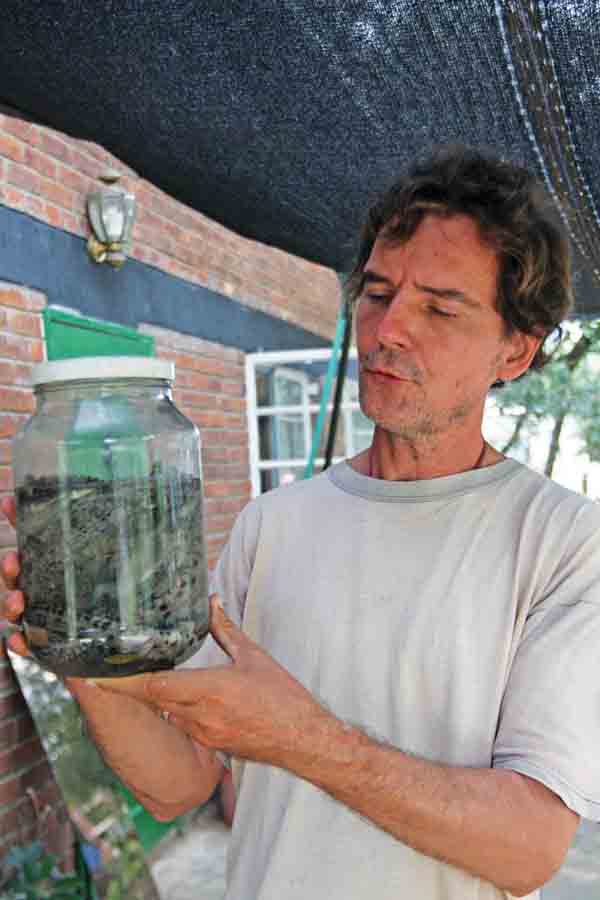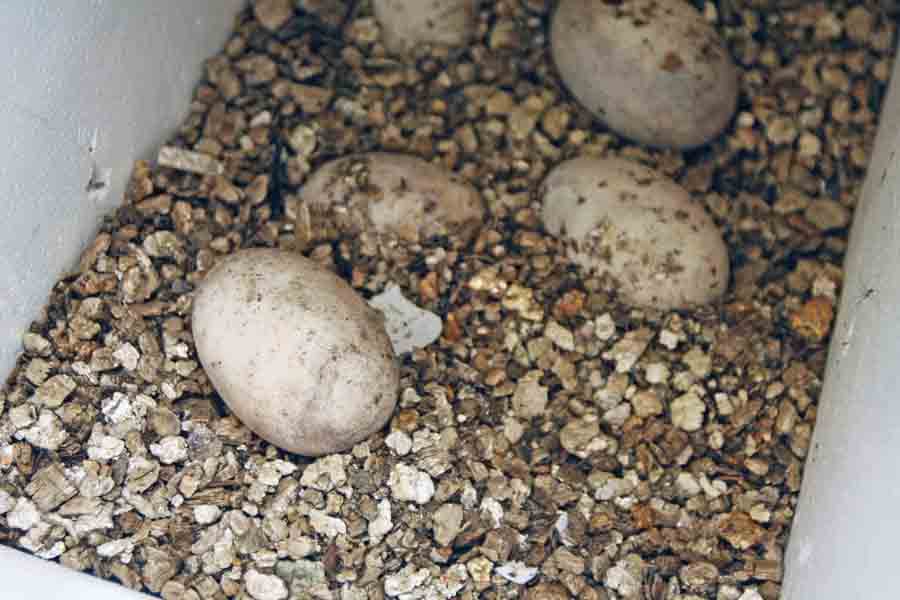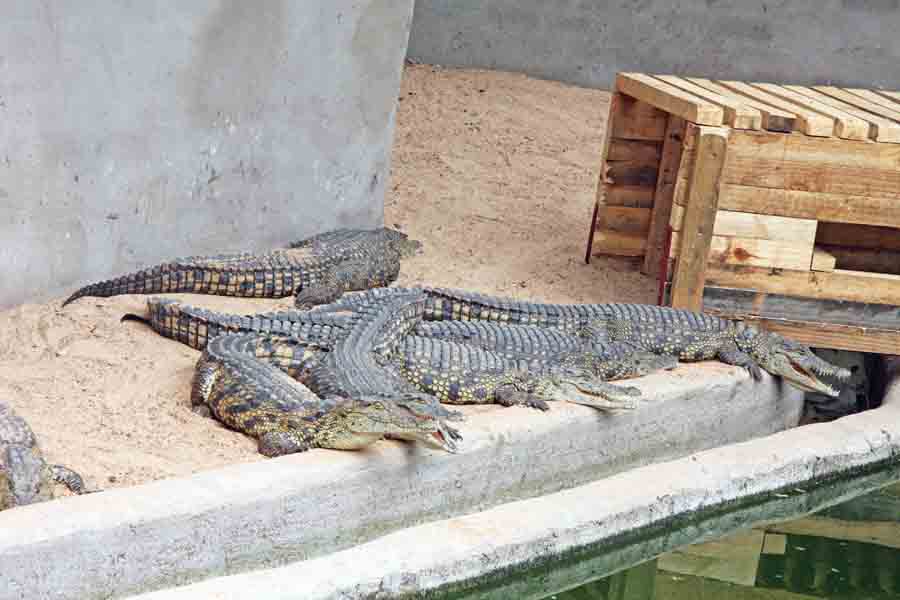Dutch farmer carves niche in crocodile breeding
Source : Kutlwano
Author : Goitsemodimo Williams
Location : Samochima in the Okavango Delta
Event : Interview
The giant reptiles are among the world’s most feared creatures, yet this has not deterred man from venturing into the business of rearing them.
Besides rearing crocodiles for conservation purposes, experts say the major attraction to crocodile farming is that they are proving to be a lucrative enterprise; their skins can make huge profits.
Whereas some people tame and rear crocodiles, others hunt and kill them for commercial purposes. It is thought that this usually reckless and unregulated killing may have influenced some farmers to breed and conserve crocodiles just like it is done with other domestic animalssuch as cattle.
However, for one man what started as a simple recreational visit to a zoo in Holland last year to learn about different animals, has turned out to be a crocodile-breeding business opportunity.
As a young man growing up in Amsterdam, Holland, Sander Doumas used to visit the Amsterdam zoo for game viewing.
He saw how the different animals in it were fed, cared for, handled. At the same time he researched about animals to gain an insight into their lives.
Doumas was so much inspired particularly by crocodiles that he developed interest and love for them. The inspiration led to the now well-known crocodile farm situated on the outskirts of Francistown in Botswana.
The crocodile man’s tale began in the 1980s when he left Holland for Botswana to witness the wildlife infested areas of the Okavango.
The visit was not a disappointment as what he saw inspired him to return to Botswana years later to marvel at the country’s wildlife once again.
During the second trip, which took place in 2003, Mr Doumas heard about scientists who were experimenting with the breeding of the Nile Crocodiles, with one farmer in Samochima, in the Okavango Delta. According to the crocodile enthusiast, their babies experienced problems as almost 150 of them died despite the fact that incubators were used.
Doumas’ f r i e n d encouraged him to pursue a PhD programme crocodile breeding and growth. He is yet to complete his research. Another encouragement to research on crocodiles and the causes of death for their babies came from a doctor who worked at the farm on a part-time basis.The findings were that high temperatures caused crocodile mortality.
When he left the farm after two years, the farmer rewarded him with 205 crocodile babies. Having learnt so much about breeding and caring for the crocodiles during his stay at Samochina, he did not have difficulty in setting up his own farm. The 205 crocodiles he started with are now just over a year old.
However, not everything was rosy as he soon faced the challenge of finding reliable labour that would help him on the farm. The farm has four permanent workers who rotate in cleaning the equipment and feeding the crocodiles.
Doumas tells Kutlwano magazine that breeding crocodiles is difficult as it requires one to have reliable employees who must observe precautionary measures without fail. To a certain degree, he says some of his workers were not reliable, as they do not observe precautionary measures in caring for the reptiles, which are housed under monitored heat generated from the lights within.
Furthermore, he always has to be on high alert in case of power cuts or someone accidentally stepping on switches, which might affect the controlled temperature. His experience is that some employees do not report the matter immediately or it to be corrected as the temperature where crocodiles are kept should always be constant.
According to Doumas, crocodiles attack on motion, hence one has to observe precautions not to throw food at them instead of placing it in bowls. Also, he highlights that water given to them should be clean to avoid bacterial infection. Although he has not had any infections or lost any of the crocodiles to diseases, he is careful, saying when feeding them with chicken, they have to remove intestines as a health measure.
Currently, he explains that until his staff adapted to the routine of following instructions to the core, he does not allow any visitors to the farm for sight-seeing. As a way of increasing his breeding stock, last December, he bought 1200 eggs from the Department of Wildlife and National Parks at a cost of P30 per egg and from these eggs 920 babies were hatched.
Out of this, Doumas says he sold 560 baby crocodiles to the Samochima farm, which is the main crocodile breeder in Botswana. His farm currently has 560 crocodiles: 360 of them are three months old; 205 are one year three months; and 20 are two years and three months.
Crocodiles are slaughtered when they are aged between three and four and are almost two meters long. From the 20 crocodiles that are approaching maturity stage, Doumas will slaughter 15 and leave five for breeding.
The main purpose of breeding, he explains, is to continue to supply the big farm in Samochima as well as conducting further research on breeding crocodiles and sharing the knowledge with other farmers that may be interested in crocodile farming.
Furthermore, he explains that the main prize of the crocodile is its hide. He exports mainly to South Africa although China offers the world’s largest market. After processing, crocodile hides are used to make shoes, bags, belts and purses, and other leather products. In the past, he explains, Zimbabwe had 36 crocodile farms and was the main supplier in southern Africa.
However, the number of crocodile farms went down to 19 as a result of the political and economic troubles in that country. Apart from southern Africa, Australia is the next major producer of crocodiles.
Teaser:
Stories about danger posed by crocodiles abound in Botswana’s Chobe, Ngami and Okavango areas. Just late last year, there was an incident in the north-western part of the country whereby a crocodile snatched a baby who was playing by the river where its mother was doing laundry. While there might be different answers, certainly one wonders why all the animals that can be bred by some people have the nerve to choose to rear creatures that eat humans.
















